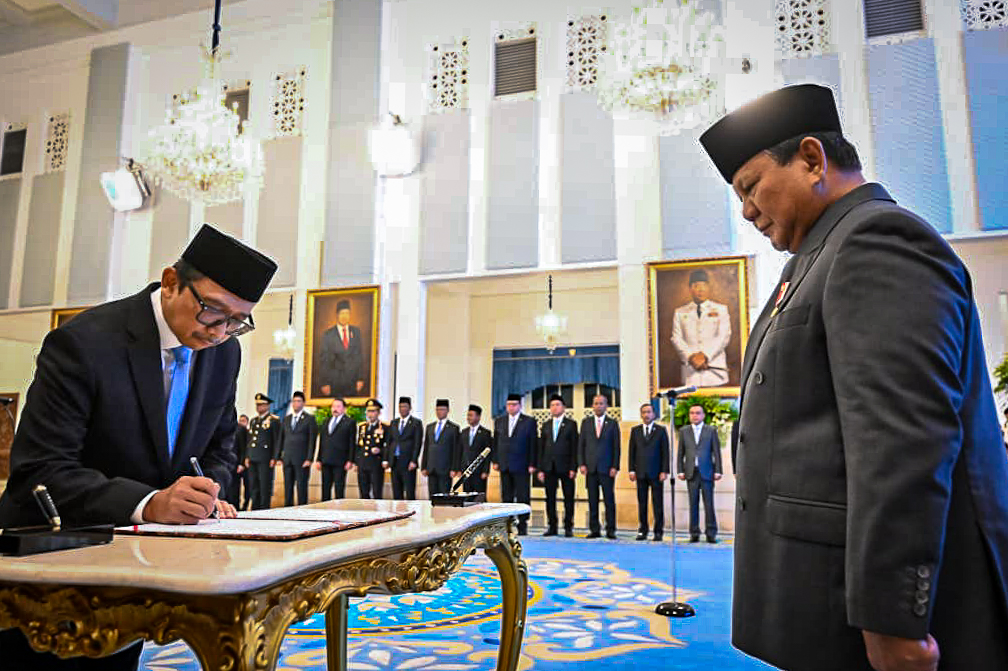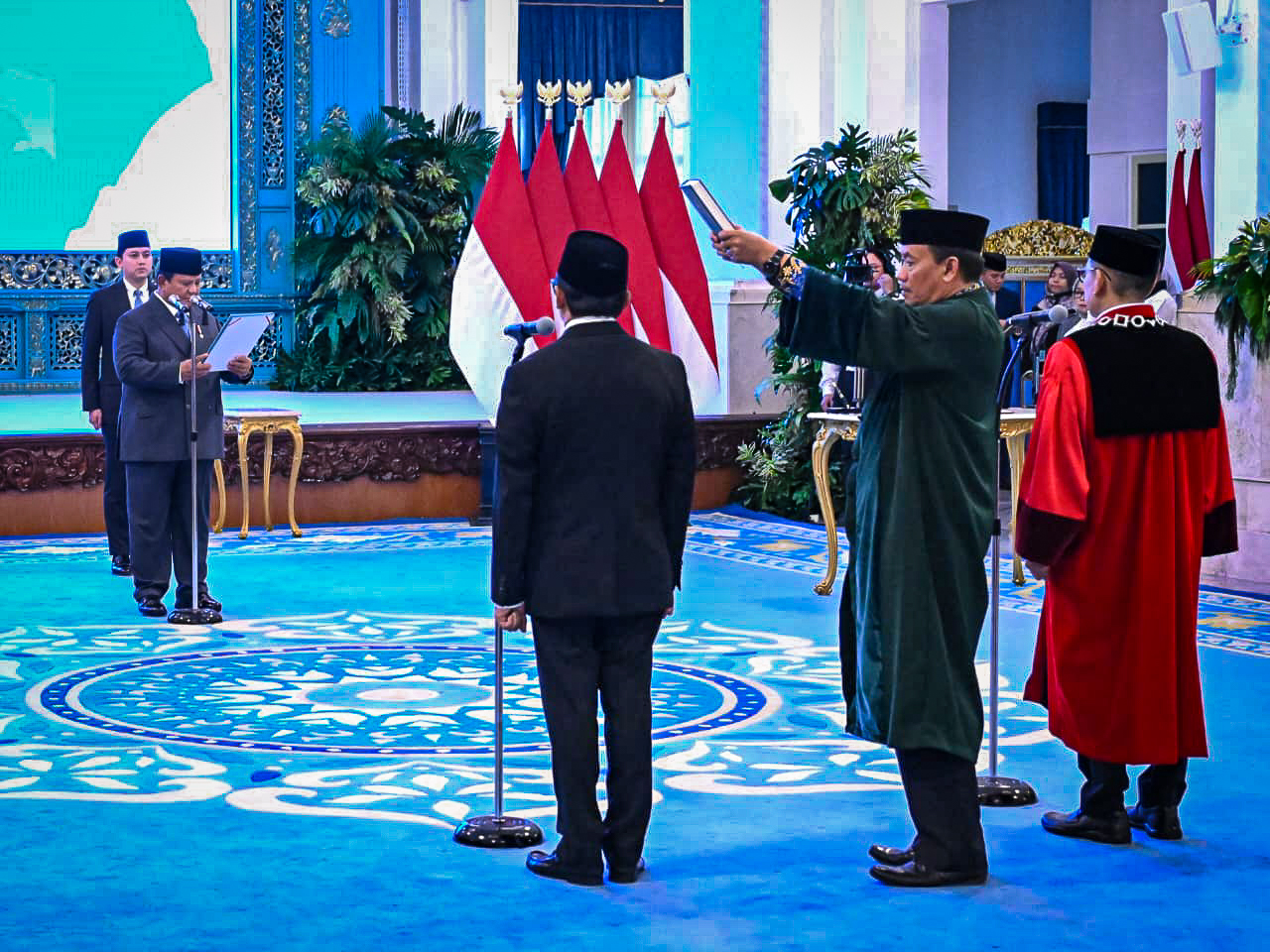Gov’t to Allocate Fiscal Incentives for Regions with Low Inflation Rate

Minister of Finance Sri Mulyani (Photo: Agung/PR)
The Central Government has announced that it will give fiscal incentives for regional governments that can control inflation in their respective regions.
The incentives worth Rp330 billion would be given at the first and second periods this year and Rp340 billion would be given at the third period. In total, the overall budget allocation for the incentives reaches Rp1 trillion.
“Fiscal incentives for regional governments only happen in Indonesia. It is not available in other countries. Rp330 billion for one period so in total the amount reach Rp1 trillion for three periods,” said Minister of Finance Sri Mulyani Indrawati, Monday (07/31).
The number of regions receiving allocations is 33 regions consisting of three provinces, six cities, and twenty four regencies for the first and second periods. Meanwhile, for the third period, it was given to 34 regions consisting of three provinces, six cities and 25 regencies. Assessment indicators are seen from efforts to control food inflation, inflation control reports, price control indexes, and realization of spending to support inflation control.
On the occasion, Sri emphasized that fiscal incentives must be used directly for things that benefit the public and not be used to increase salary, income, fee and various business trips.
“Use it for the benefit of the public starting from capital assistance, social assistance, seed assistance, interest subsidies for the MSMEs, scholarships, community activities that provide benefits to the poor people. I really encourage this,” said the Minister.
Overall, fiscal incentive for the 2023 fiscal year is Rp8 trillion which is divided into two parts. A total of Rp4 trillion is given for performance in 2022, consisting of Rp3 trillion for regions with good performance and Rp1 trillion for disadvantaged regions with good performance.
Meanwhile, Rp4 trillion is given for performance in 2023 consisting of Rp1 trillion for inflation control performance and Rp3 trillion for performance to improve people’s welfare, such as reducing stunting, increasing the use of domestic products, eradicating extreme poverty, increasing investment, and accelerating regional spending.
Sri advised all regional governments to work together to keep inflation under control. The efforts to stabilize prices and keep inflation low are important to the society.
“That affects their welfare, affects their achievement for various indicators of welfare development, such as the quality of human resources and also in terms of increasing economic certainty,” she said.
She went on to say that fiscal incentives are given as a form of appreciation and as an effort to spur regional government performance. The allocation of incentives for inflation control is carried out several times with the aim to continuously monitor performance improvements and to immediately appreciate their performance. In addition, its use can be utilized to control period inflation.
“This is one of the extraordinary policy innovations in Indonesia for a country as big as us. And I keep telling this policy in various international forums because this is a form of organization, a way of managing the country that is not easy, but turns out effective and successful for Indonesia,” she said.
The Minister also expressed appreciation to Minister of Home Affairs Tito Karnavian and his staff as well as all regional governments who have continued to strive to maintain the Indonesian economy.
“I really appreciate Mr. Tito’s leadership and his staff, also the regional governments who have had an extraordinary impact and role on the performance of the national economy. Hopefully our efforts will really materialize in the form of better people’s welfare,” she remarked. (PR of Ministry of Finance/UN) (EST/MMB)








